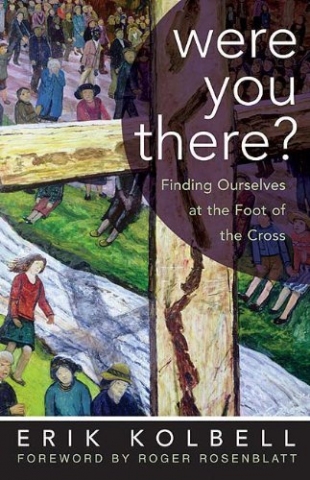"When I think of quiet gestures of unsolicited kindness, I think of Jack McConnell. Jack was for many years a successful physician in suburban Maryland; when he and his wife retired to a comfortable home on an island off the coast of South Carolina, he fully expected to live out his days in irenic bliss.
"It didn’t take long for Jack's retirement to be disrupted by his realization that his new neighborhood was a two-class island: the very rich and the very poor. He could not abide this with a clear conscience; so in short order Jack began to bring volunteer medical services and donated medical supplies to the folks on the island who needed it. But what really interested me about his story was not the considerable success he's enjoyed doing this but the motivation that got him to do it in the first place.
"It was simple, really. Every evening of his youth, when the family would gather for their evening meal — he, his six brothers and sisters, his mother, and his Methodist minister father — they would go around the room and all nine of them would answer one single question the dad would pose. It was the same question, day in and day out: 'And what did you do for someone today?'
"There are three things I love about this family ritual. First, it is the equivalent of Joseph's search for the kingdom, insofar as it speaks to the idea of restlessness. It invites us to think of bettering the world — or at least that portion of it in our care — the way Coleridge thought of Xanadu: as a forever unfinished project that we can gladly labor over day in and day out. Our eye is not on the destination but on the road itself.
"Second, by making the question a part of our daily life we make it a constant companion, which means that we go through our days thinking not only of our own desires but of others' needs. A poet once wrote of how a particular experience must be taken in, learned, and then, most importantly, forgotten, by which he meant it must become so much a part of the fabric of our being that we no longer have to bring it to mind. It rides with us.
"Finally, I love the fact that it is both concrete and manageable. None of us is able to conquer the world's evils, but all of us are able to resist being conquered by them. I can't cure the homelessness that afflicts my city, but I can donate a little time to a local sweat-equity renovation project. I can't cure AIDS, but I can stop by the hospital for an hour or so and hold the love-starved AIDS babies, whose fates have been so unfair and whose futures are so uncertain. And I can't make Eden of a fallen world, but I can buy groceries for my elderly neighbor, pay a compliment to a stranger, pick up litter I find on the street, or write a letter to a senator or a check to a charity.
"Like the kingdom Joseph never found, there is something truly enriching about the quest itself, for as the angel said to the woman that morning, 'The one you seek is not here.' And so they went, and they looked for him."
